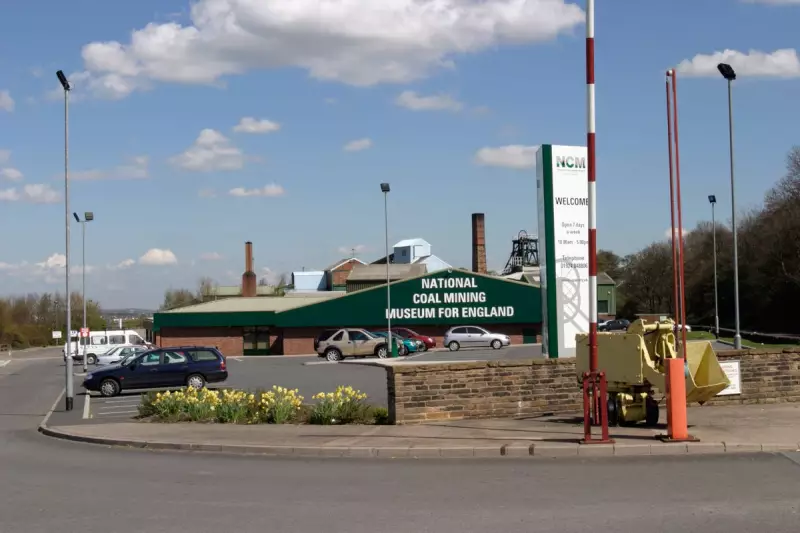
Workers at one of Yorkshire's most cherished heritage sites have taken decisive industrial action following a bitter pay dispute with management. Staff at the National Coal Mining Museum for England, located near Wakefield, walked out on Tuesday after what union representatives describe as an "insulting" pay offer.
The museum, which preserves the rich industrial heritage of Britain's coal mining industry, now faces disruption as front-line staff including guides and maintenance workers participate in the strike action. Unison, the public service union representing the workers, has expressed deep frustration at management's refusal to engage in meaningful negotiations.
Union Condemns Management Stance
Unison's regional organiser, Gillian O'Connor, didn't mince words when discussing the situation. "Our members feel completely let down by management's approach to these negotiations," she stated. "They've shown no willingness to address the legitimate concerns of staff who are struggling with the ongoing cost of living crisis."
The union has emphasised that their members aren't seeking extraordinary increases but rather fair compensation that reflects their dedication and the challenging economic environment. Many museum workers have reportedly been forced to seek additional employment or financial assistance to make ends meet.
Museum's Response and Visitor Impact
While the museum management acknowledged the industrial action, they maintained that contingency plans were in place to minimise disruption to visitors. However, the strike is expected to affect the quality of the visitor experience, with many of the knowledgeable guides who bring the mining history to life participating in the walkout.
The timing is particularly sensitive for the museum, which serves as both an educational resource and a memorial to Britain's mining communities. The site offers underground tours led by former miners and preserves the stories of an industry that once dominated the region.
Broader Implications for Heritage Sector
This dispute highlights wider concerns about pay and conditions within the heritage and cultural sectors. Many workers in museums and historical attractions across the UK have faced similar challenges, with wages often failing to keep pace with inflation and living costs.
Unison has indicated that further action may be necessary if management continues to resist meaningful dialogue. "Our members don't take strike action lightly," O'Connor emphasised. "They're passionate about the museum and its mission, but passion doesn't pay the bills."
The situation remains developing, with both sides appearing entrenched in their positions as the museum's staff make their voices heard through this dramatic industrial action.





